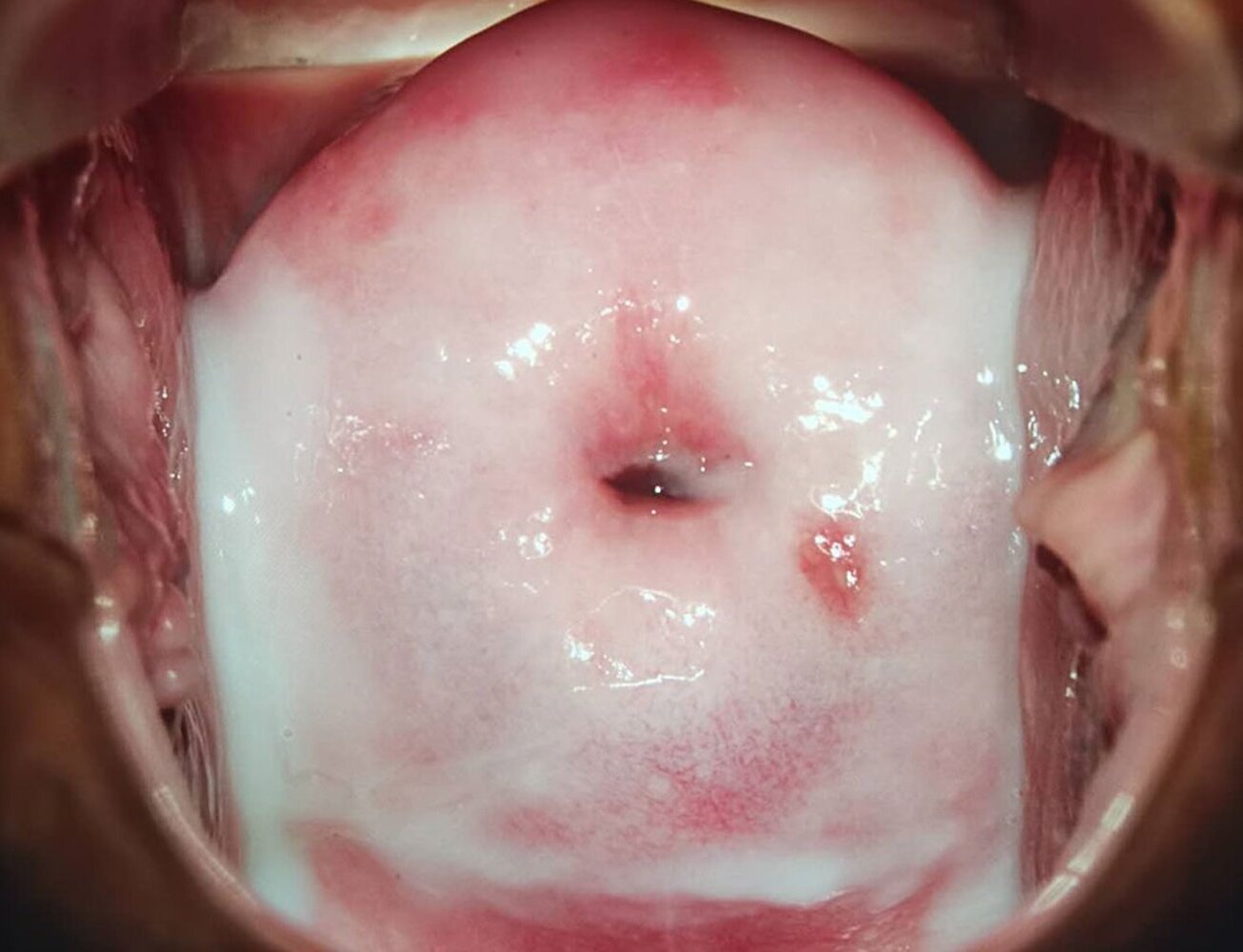
Vulvovaginitis is a common condition affecting many women and girls, causing discomfort and irritation in the vulva and vagina. But what exactly is vulvovaginitis? It's an inflammation of the vulva and vagina, often resulting from infections, allergies, or irritants. Symptoms can include itching, redness, swelling, and unusual discharge. Understanding the causes and treatments can help manage and prevent this condition. In this post, we'll dive into 50 facts about vulvovaginitis, shedding light on its symptoms, causes, prevention, and treatment options. Whether you're experiencing symptoms or just curious, this guide will provide valuable insights into maintaining vaginal health.
Key Takeaways:
- Vulvovaginitis is an inflammation of the vulva and vagina, often caused by infections, irritants, or allergies. Good hygiene, loose clothing, and regular check-ups can help prevent and manage this condition.
- Vulvovaginitis can impact daily life, causing discomfort, affecting self-esteem, and even straining relationships. Proper diagnosis, treatment, and support are essential for managing this condition effectively.
What is Vulvovaginitis?
Vulvovaginitis is an inflammation of the vulva and vagina. It can affect women of all ages, but it's especially common in girls who haven't reached puberty yet. Let's dive into some interesting facts about this condition.
- Vulvovaginitis can be caused by infections, irritants, or allergies.
- Common symptoms include itching, redness, and discharge.
- Bacterial infections are a frequent cause, particularly bacterial vaginosis.
- Yeast infections, caused by Candida, are another common culprit.
- Poor hygiene can contribute to the development of vulvovaginitis.
- Wearing tight or synthetic clothing can increase the risk.
- Certain soaps, bubble baths, and detergents can irritate the vulva and vagina.
- Hormonal changes, especially during puberty, can make girls more susceptible.
- Sexual activity can introduce bacteria and cause irritation.
- Stress and a weakened immune system can exacerbate symptoms.
Diagnosing Vulvovaginitis
Proper diagnosis is essential for effective treatment. Here are some key points about diagnosing vulvovaginitis.
- A healthcare provider will typically perform a pelvic exam.
- Swabs may be taken to identify the cause of the infection.
- A urine test can help rule out urinary tract infections.
- Blood tests might be used to check for underlying conditions.
- Sometimes, a biopsy is needed to rule out more serious issues.
- Self-diagnosis is not recommended; always consult a healthcare professional.
- Symptoms can mimic other conditions, making professional diagnosis crucial.
- Early diagnosis can prevent complications and more severe symptoms.
- Keeping a symptom diary can help your doctor make an accurate diagnosis.
- Regular check-ups can help catch vulvovaginitis early.
Treating Vulvovaginitis
Treatment varies depending on the cause. Here are some common treatments for vulvovaginitis.
- Antibiotics are prescribed for bacterial infections.
- Antifungal medications treat yeast infections.
- Topical creams can relieve itching and irritation.
- Avoiding irritants like scented soaps can help.
- Wearing loose, cotton underwear can reduce symptoms.
- Good hygiene practices are essential for prevention.
- Probiotics may help maintain a healthy vaginal flora.
- Over-the-counter treatments are available for mild cases.
- In severe cases, a longer course of medication may be needed.
- Staying hydrated and maintaining a healthy diet can support recovery.
Preventing Vulvovaginitis
Prevention is always better than cure. Here are some tips to prevent vulvovaginitis.
- Practice good hygiene, including regular washing with water.
- Avoid douching, as it can disrupt the natural balance of bacteria.
- Change out of wet swimsuits and sweaty workout clothes promptly.
- Use unscented, gentle products for personal care.
- Wipe from front to back after using the toilet.
- Avoid tight-fitting clothing that can cause friction.
- Regularly change sanitary pads and tampons.
- Maintain a healthy diet to support your immune system.
- Stay hydrated to help flush out toxins.
- Educate young girls about proper hygiene practices.
Impact of Vulvovaginitis on Daily Life
Vulvovaginitis can affect daily activities and overall well-being. Here are some ways it can impact life.
- Persistent itching can disrupt sleep.
- Discomfort can make sitting or walking painful.
- It can affect self-esteem and body image.
- Sexual activity may become painful or less enjoyable.
- Frequent doctor visits can be time-consuming and stressful.
- Missed school or work due to symptoms can occur.
- Anxiety about symptoms can affect mental health.
- Relationships may be strained due to discomfort and stress.
- Chronic cases can lead to long-term health issues.
- Education and support are crucial for managing the condition effectively.
Key Points to Remember
Vulvovaginitis affects many women and girls, causing discomfort and sometimes embarrassment. Understanding the symptoms, causes, and treatment options can make a big difference. Common symptoms include itching, redness, and unusual discharge. Causes range from infections and irritants to hormonal changes. Treatments often involve medications, lifestyle changes, and good hygiene practices.
Prevention is also crucial. Wearing breathable underwear, avoiding harsh soaps, and maintaining a balanced diet can help keep vulvovaginitis at bay. If symptoms persist, consulting a healthcare provider is essential for proper diagnosis and treatment.
Remember, knowledge is power. By staying informed, you can take proactive steps to manage and prevent vulvovaginitis, ensuring better health and comfort. Don’t hesitate to seek medical advice if you’re unsure about your symptoms or need personalized care.
Frequently Asked Questions
Was this page helpful?
Our commitment to delivering trustworthy and engaging content is at the heart of what we do. Each fact on our site is contributed by real users like you, bringing a wealth of diverse insights and information. To ensure the highest standards of accuracy and reliability, our dedicated editors meticulously review each submission. This process guarantees that the facts we share are not only fascinating but also credible. Trust in our commitment to quality and authenticity as you explore and learn with us.


